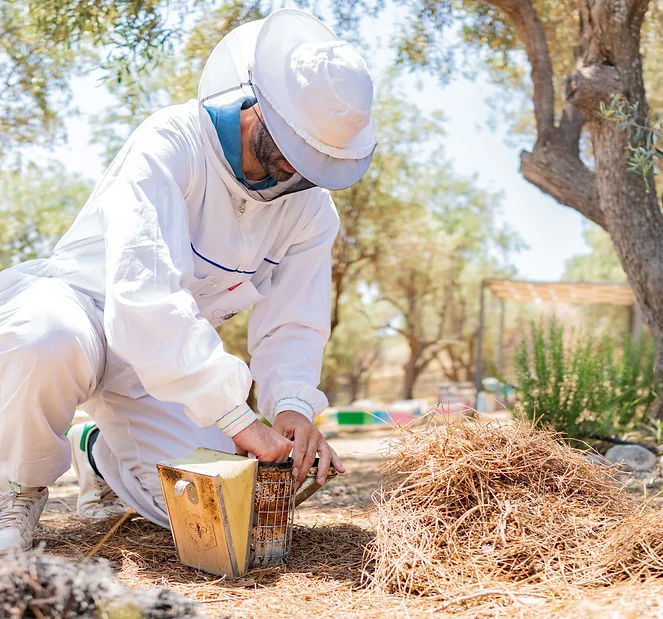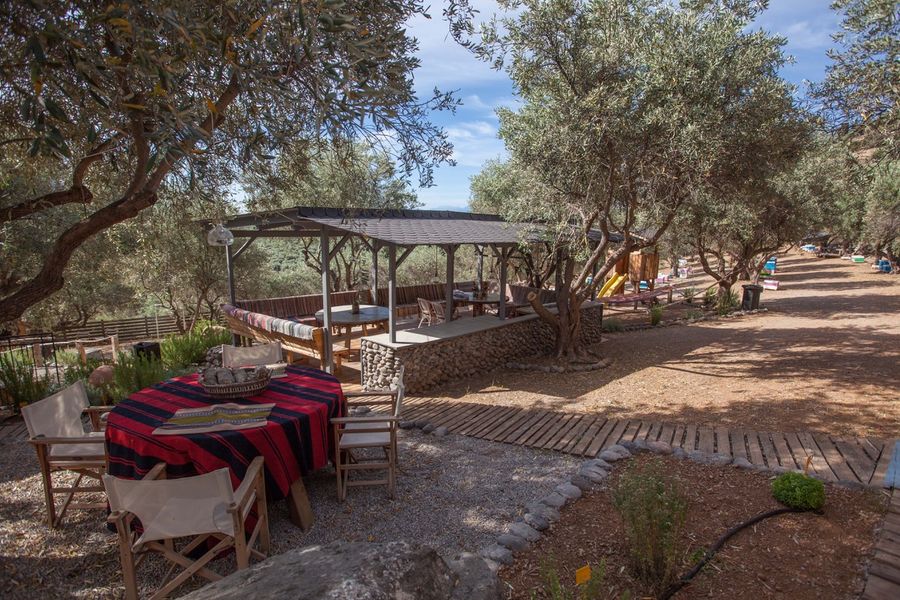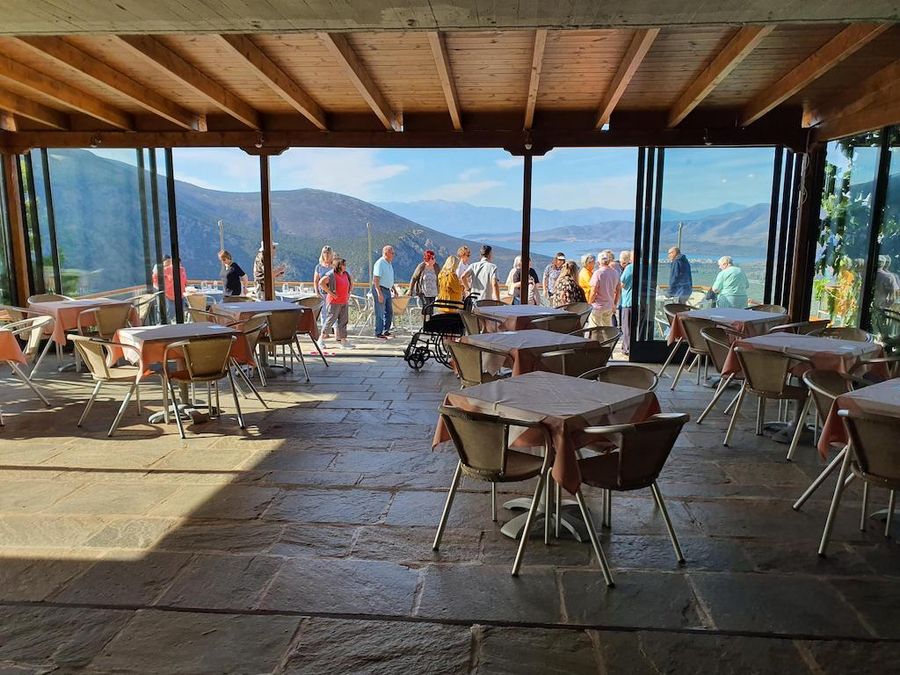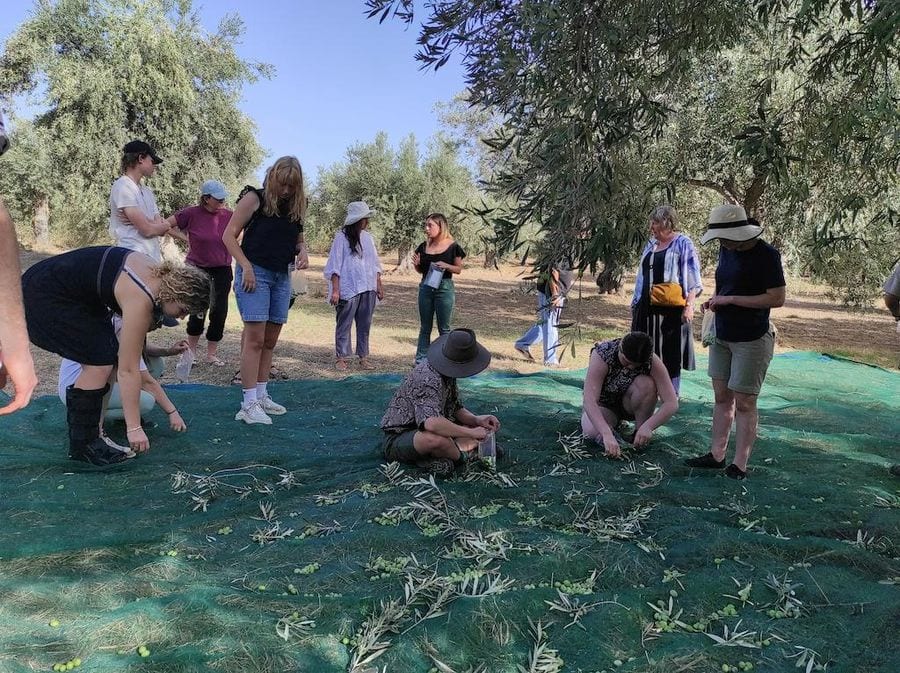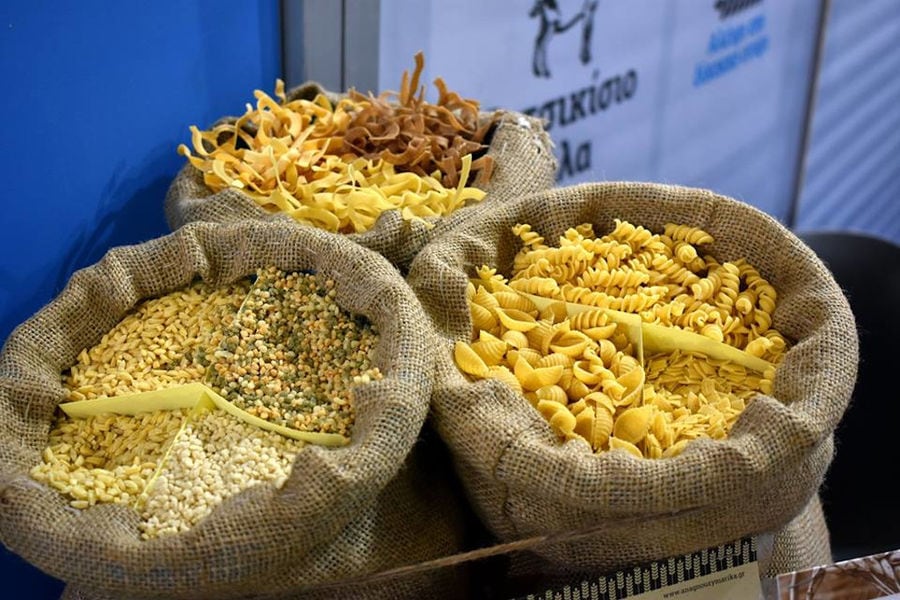This website uses cookies so that we can provide you with the best user experience possible. Cookie information is stored in your browser and performs functions such as recognising you when you return to our website and helping our team to understand which sections of the website you find most interesting and useful.
Delphi - Gastronomy Tours
A Sacred Taste – Where Mythology Meets Gastronomy
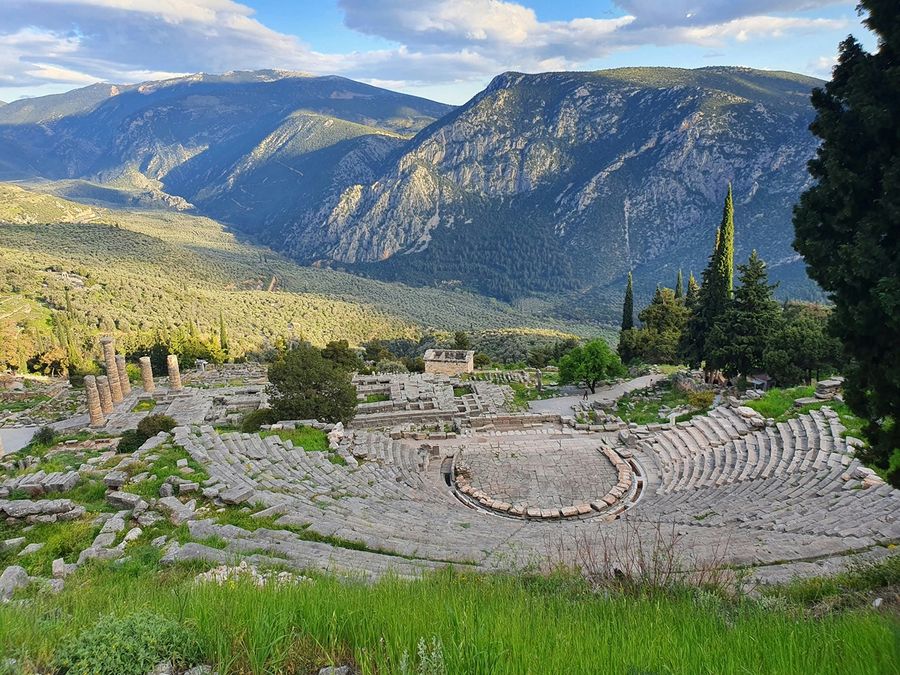
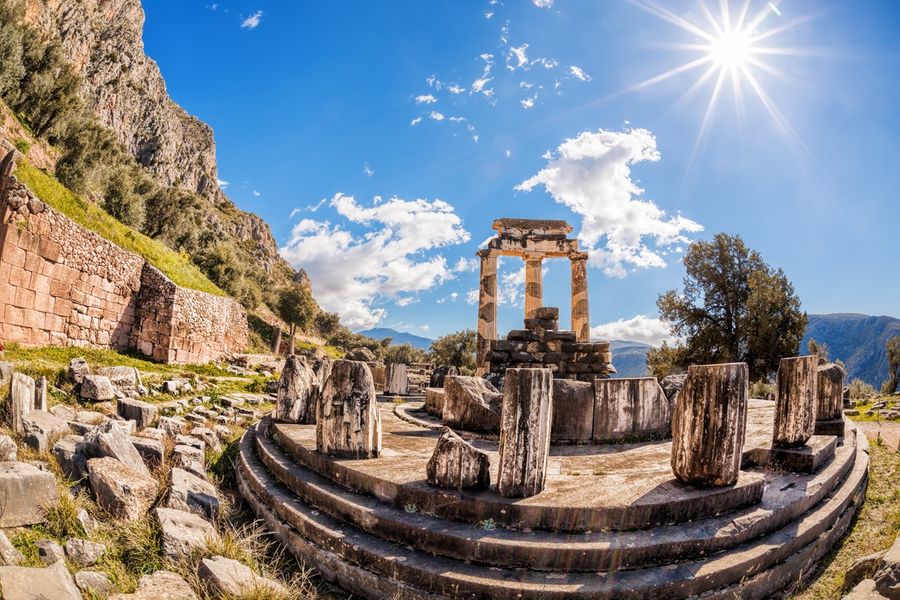
A Culinary Pilgrimage in the Heart of Greece
Embark on a gastronomic pilgrimage with Delphi Food Tours, where the mystique of ancient ruins meets the flavors of the Greek mountains. Strolling through stone alleys at the foot of Mount Parnassus, you’ll taste dishes steeped in local tradition and inspired by sacred surroundings. From hearty mountain meals to refined regional specialties, each stop is an invitation to discover the spirit of Delphi through its cuisine—an experience as timeless as the Oracle herself.
What Makes Delphi a Unique Culinary Destination
- Sacred Roots & Regional Pride: With its mythological and spiritual legacy, Delphi adds deeper meaning to every bite—connecting food to culture and ritual.
- Mountain, Valley & Sea: The region offers a rare culinary balance: fresh herbs and greens from the hills, citrus and legumes from the valley, and fish from the nearby Corinthian Gulf.
- Simple, Honest Ingredients: Local olive oil, legumes, feta, and wild herbs form the base of deeply comforting and nutritious meals, passed down through generations.
Local Highlights & Gastronomic Treasures
- Amfissa Olives: Renowned for their plump texture and bold flavor, these olives are a local signature, served alone or in rustic stews and salads.
- Formaella Cheese: A PDO semi-hard cheese from Arachova, grilled or crumbled over warm dishes—salty, rich, and perfect with mountain herbs.
- Wild Mountain Greens (Horta): Foraged herbs like chicory and dandelion, boiled and drizzled with lemon and olive oil, are a staple of the Delphi table.
- Roasted Lamb & Goat: Slow-roasted with garlic, rosemary, and lemon, these dishes represent festive tradition and the essence of Central Greece.
- Kontosouvli & Kokoretsi: Pork or lamb grilled on a spit, marinated with herbs and served during feasts—an earthy, celebratory classic.
- Homemade Pites: Spanakopita (spinach pie), tiropita (cheese pie), and herb pies with handmade phyllo dough offer both flavor and comfort.
- Legume-Based Dishes: Lentil and chickpea stews showcase the resourceful heart of Greek mountain cuisine—nutritious, filling, and fragrant.
- Sweet Endings & Local Treats
Karidopita: Syrup-soaked walnut cake spiced with cinnamon and cloves, dense and rich—a perfect end to a mountain meal.
Baklava & Kataifi: Delicate layers of phyllo, nuts, and honey, symbolizing Greek hospitality in every flaky bite.
Loukoumades: Golden fried dough balls drizzled with honey and cinnamon, a favorite local dessert with a mythic sweetness.
A Destination Beyond the Plate
Delphi is more than just a food destination—it’s a spiritual and cultural touchstone. From the ancient sanctuary of Apollo to the picturesque olive groves of Amfissa and the mountain charm of nearby Arachova, every step is steeped in meaning. Our Delphi Food Tours blend myth and flavor, giving you not just a taste, but a full-sensory immersion into Greece’s sacred past and its vibrant culinary present.
Explore Our Delphi Food Tours
Experience the tastes of Delphi through expertly guided food tours that combine ancient storytelling with authentic Greek meals. From village kitchens to mountaintop feasts, let us take you on a journey where every dish whispers the secrets of the Oracle—and every bite is divine.

